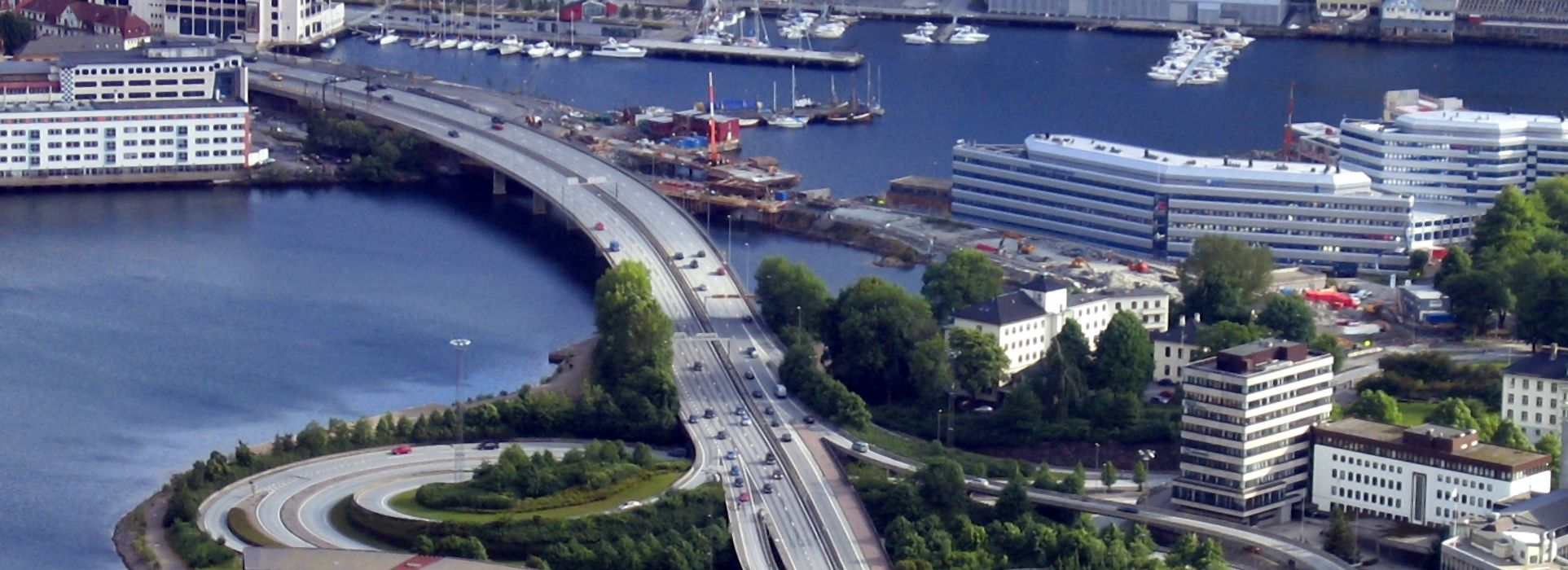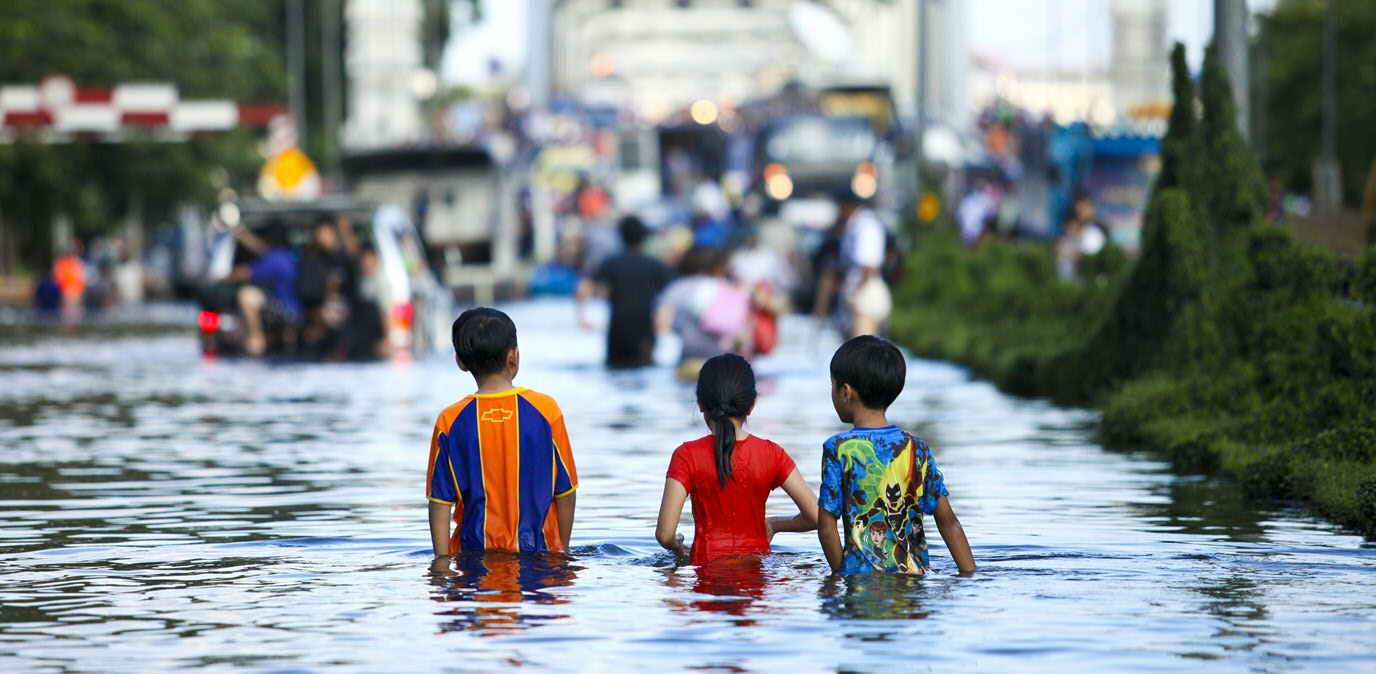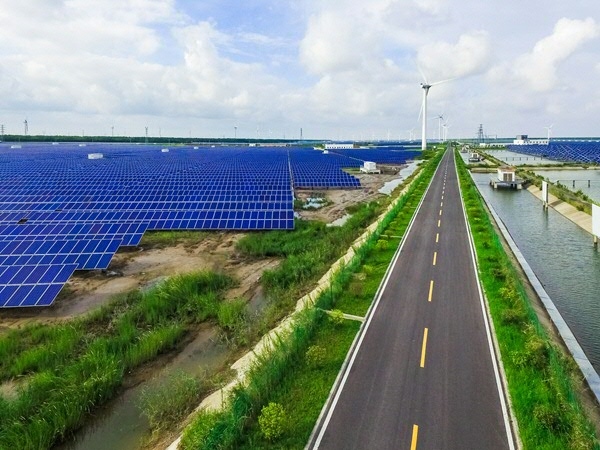Courses master Environmental & Infrastructure Planning
Would you like to learn more about the sustainable planning of infrastructural projects? Are you concerned about environmental issues? Then EIP or one of the related Double Degree Master's is the programme for you!
- Master Environmental & Infrastructure Planning (EIP)
- Double Degree Master: Water and Coastal Management
- Double Degree Master: Sustainable Water Management
- Double Degree Master: Development Planning and Infrastructure Management
- Double Degree Master: Urban Planning, Environment and Infrastucture
- Double Degree Master: Urban Governance within a Global Environment
What will you learn?
The programme of the master Environmental & Infrastructure Planning (EIP) consists of the following courses. Click on the course title to go to the full course description, information about lecturers, literature and time period. The courses in this programme have been scored against the United Nations Sustainable Development Goals. Find a general overview of how all of our programmes relate to the SDGs.
Dilemmas in Infrastructure Planning (5 EC)
This course focuses on network and governance dilemmas that arise in the planning and realization of different kinds of infrastructure networks. This module examines planning approaches for various types of major infrastructure in three thematic blocks; waterway, road and energy infrastructure networks. The central theme of this module are the dilemmas, issues and tensions in infrastructure planning which relate to e.g.: development vs protection; short- vs long-term interests; local vs global issues, individual vs general interests, centralization vs decentralization, government vs market intervention, strategic vs operational decision-making; general regulations vs individual responsibility, rational technicalities vs communicative processes. These dilemmas will be illustrated by case studies in a series of lectures at the start of the course.
Related SDG: 9 industry, innovation and infrastructure, 11 sustainable cities and communities
EIP: Interactive Workshop (5 EC)
The course engages students interactively with seminal texts within environmental and infrastructure planning and enhances critical thinking on contemporary planning debates in theory and practice. Topics include collaborative planning and governance, rationality and power, complexity theory and planning, institutions and institutional change.
Related SDG: 11 sustainable cities and communities
Planning Theory (5 EC)
You will gain more in-depth knowledge of the theoretical background of planning in such a way that you can identify suitable existing planning and decision-making models for issues at hand. You will also be able to picture a planning issue within a theoretical frame, through which an approach and its consequences can be deducted.
Comparative Research and Planning Practice (5 EC)
The aim of this course is to compare planning systems, practices and cultures in different countries (with a focus on Europe and Asia) and to draw lessons from such comparisons. The course will provide an overview of related planning practices, systems and their institutional design. In order to set the context and to explain the history and development of a particular planning system, one individual country is at the focus of each lecture. Within the context of each country subsequently the key institutions, powers, limitations and strengths of the planning system are explored through an examination of particular tools, themes and techniques that operate within.
Related SDG: 11 sustainable cities and communities
Reinventing Environmental Planning (5 EC)
The aim of the course is to provide you with theories and concepts to critically reflect on recent changes in environmental planning towards more proactive and integrated approaches in various fields of environmental planning (such as energy, urban development, air policy, nature and climate change). After this course, you should understand the potentials and pitfalls of existing and recently emerging policy approaches and to understand the contextual conditions influencing these potentials and pitfalls. Based on this understanding, you should also be able to make well-argued choices between different planning strategies and measures when faced with different environmental issues and circumstances. In doing so, you should be able to use substantive information about environmental issues that they acquired during the course on several of the main environmental challenges that our 21st century societies face.
Related SDG: 7 affordable and clean energy, 8 decent work and economic growth, 11 sustainable cities and communities, 13 climate action, 14 life below water, 15 life on land
Transitions in Water Management (5 EC)
The aim of this course is to provide students with theories and concepts to describe and explain current water management issues, such as the introduction of the flood risk management approach, and related water management transitions. The course focuses in particular on the management of open water bodies or surface water in delta areas where rivers and coastal areas come together – on creating resilient delta areas. After following this course, students are able to suggest and develop possible water management strategies and measures to manage water transitions.
Related SDG: 9 industry, innovation and infrastructure, 11 sustainable cities and communities, 15 life on land
Masterthesis (20 EC)
The Master thesis involves an individual research project on issues relevant to environmental, infrastructure, and water planning. The aim of the project is to gain practical and comprehensive experience in doing scientific research.
Related elective (5 EC)
Impact Assessment and Policy Evaluation
This course provides you with knowledge about the smart use of impact and evaluation studies in governance. ‘Smart’ relates to a high performance of methods in governance; the use of innovative methods and available open data and crowdsourced data.
EIP: Living Lab
In the EIP Living Lab you team up in small groups of 4 to 5 students to address a real-world planning and design issue. The assignment for each team is different, as they will be set by clients from various organisations, such as local, regional or (inter)national governments, businesses, NGO’s or citizen groups. You are asked to use your knowledge, skills and experience to provide a cutting edge, viable and credible (policy) advice for your client.
Project and Programme Management (ID)
This course focuses on the different management strategies that are used in planning practice. We use a framework which distinguishes both between output and outcome-oriented management strategies as well as between internal and external orientation.
Related SDG: 11 sustainable cities and communities
Elective (5 EC)
For an overview of possible courses, please visit our course catalogue Ocasys
| Last modified: | 01 October 2024 11.09 a.m. |



